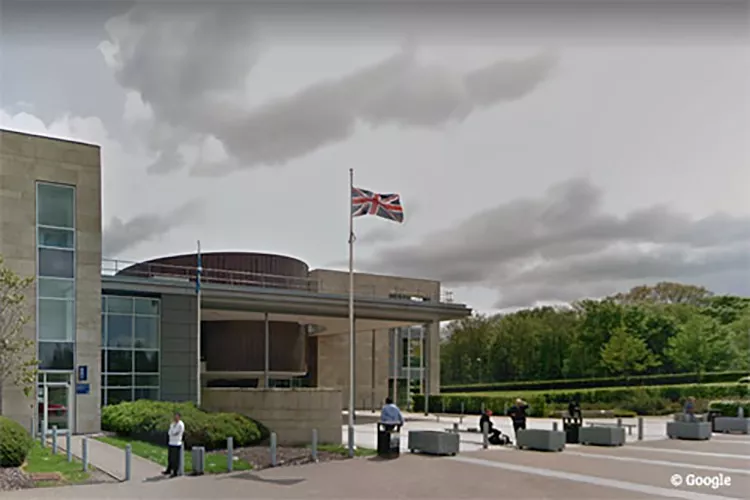Friday August 18th 2023

Proposed changes to Scottish council tax which could see rates for the most expensive properties surge by 22% have been described as as “fiddling while services burn.”
A report to West Lothian council’s Corporate Policy and Resources Policy Development and Scrutiny Panel (PDSP) branded council tax as “regressive”.
A joint consultation launched by the Scottish Government and COSLA, the local government umbrella organisation last month revived proposals from 2017 to increase charges for homes in bands E to H.
A Band E property could see its charge increase 7.5% while a Band H property would see charges rise 22.5%. The Scottish average council tax charge for a Band H property in £3,470 a year.
Increasing council tax on properties in Bands E, F, G and H respectively would increase bills by around £139, £288, £485 and £781 per dwelling in these bands, based on 2023-24 council tax rates. The full charges would not apply until 2027.
The report added: “Council tax remains regressive. A chargeable property in band H has a council tax liability approximately three times that of a band A property, however on average the band H property has a value eight times more than a band A property. The proposal in this consultation seeks to reduce that differential.”
Senior Labour Councillor Tom Conn told the meeting: “I am slightly bemused by the title of the consultation of a fairer council tax when in 2007 it was the hated council tax and it was going to be abolished on the election of an SNP government.”
He described the pace of council tax reform as “glacial” and added: “We are really fiddling when local services burn. Rather than substantially reform or replace a taxation system based on 1991 residential prices we go for certain bands of property and increase their liability but inherent in the actual council tax system there are properties which have been substantially extended over the years and they only have an increased liability when they sell the properties.
“Rather than carrying out a more comprehensive reform we are actually just tinkering on the edges.”
Delivering a report to the panel Donald Forrest said: “Financial pressures are facing local authorities across Scotland.
“Councils continue to receive one year financial settlements which makes short and medium term financial planning very challenging however, previous Scottish Government spending reviews along with recent discussion with Scottish Government officials, indicate that councils should work on the basis of a cash freeze on core revenue grant in 2024/25 which the council has assumed within the approved budget strategy.
“In the context of persistent high inflation this will be extremely challenging to manage.”
He added: “The Directors of Finance in Scottish local authorities have been consistently identifying and raising the challenging financial position for councils, most notably writing to the Scottish Government outlining that the ongoing financial sustainability of local government is at risk.
“Collectively Scottish Directors of Finance support progressive taxation and support the opportunity for increasing income, in times of constrained financial resources, to help support delivery of essential public services. “
Mr Forrest, who is set to retire as Finance Director, has responded to the consultation which ends later next month. The Council’s Executive will approve the response when it meets on 5th September.
Tweet Share on Facebook